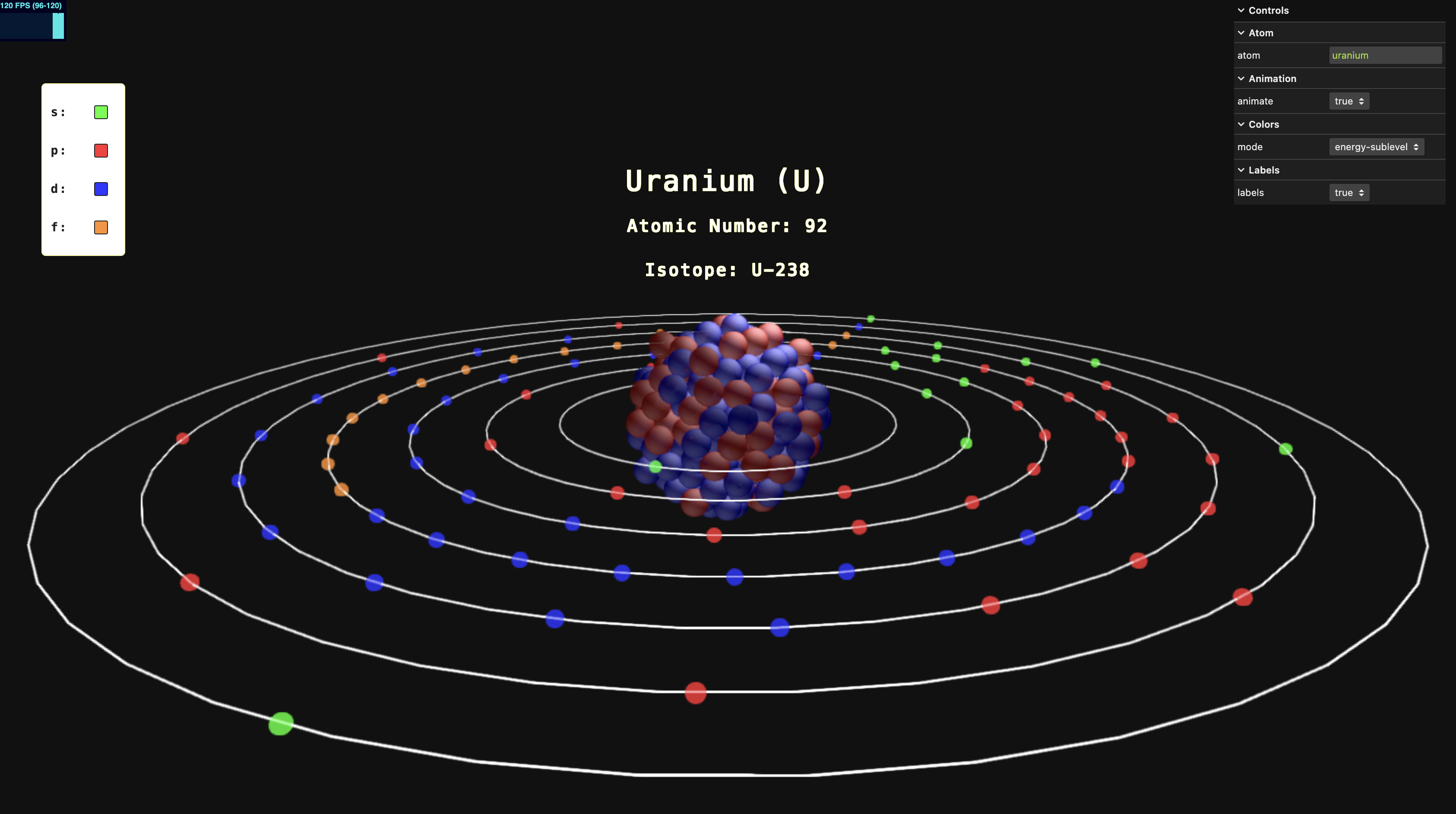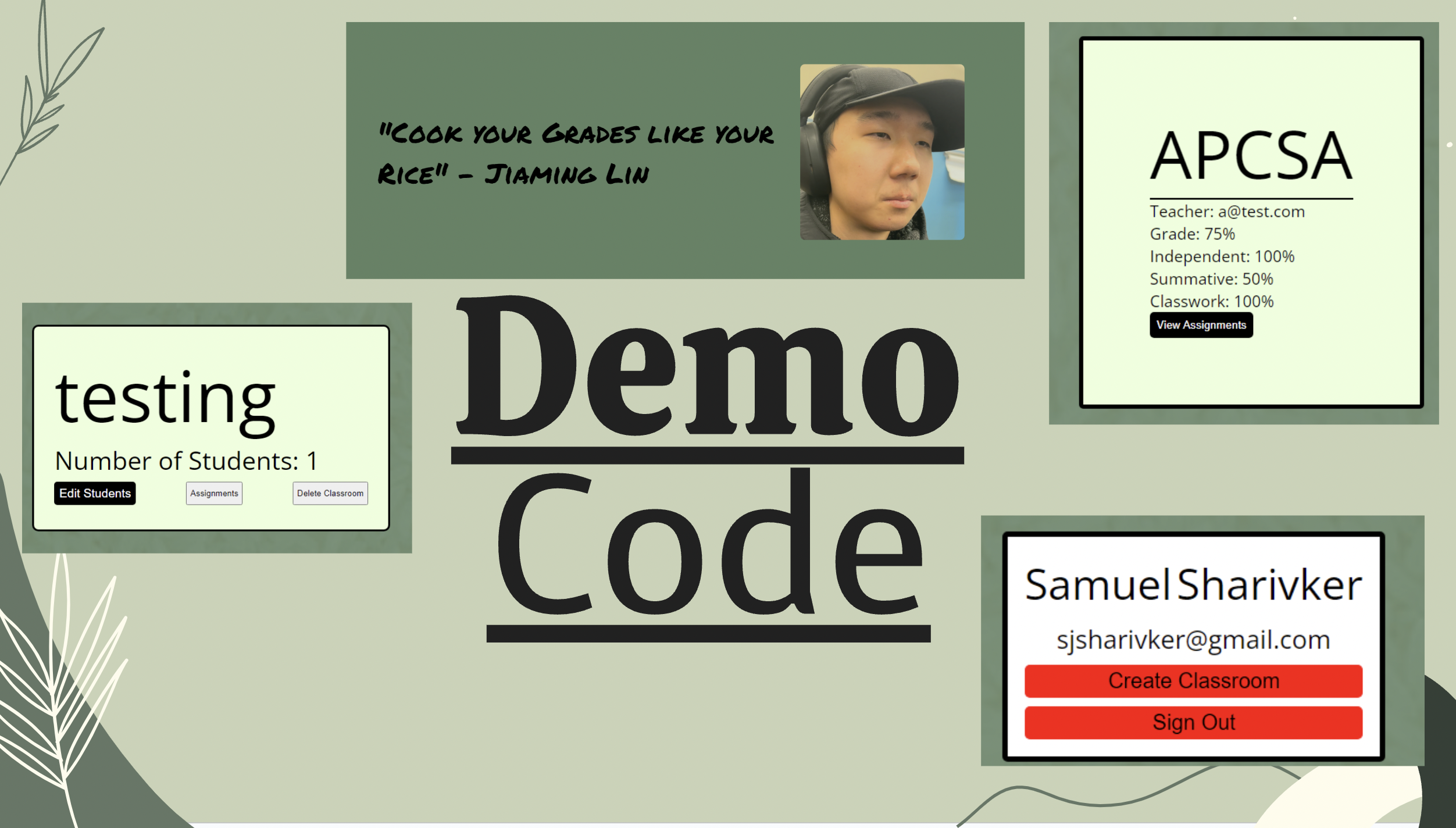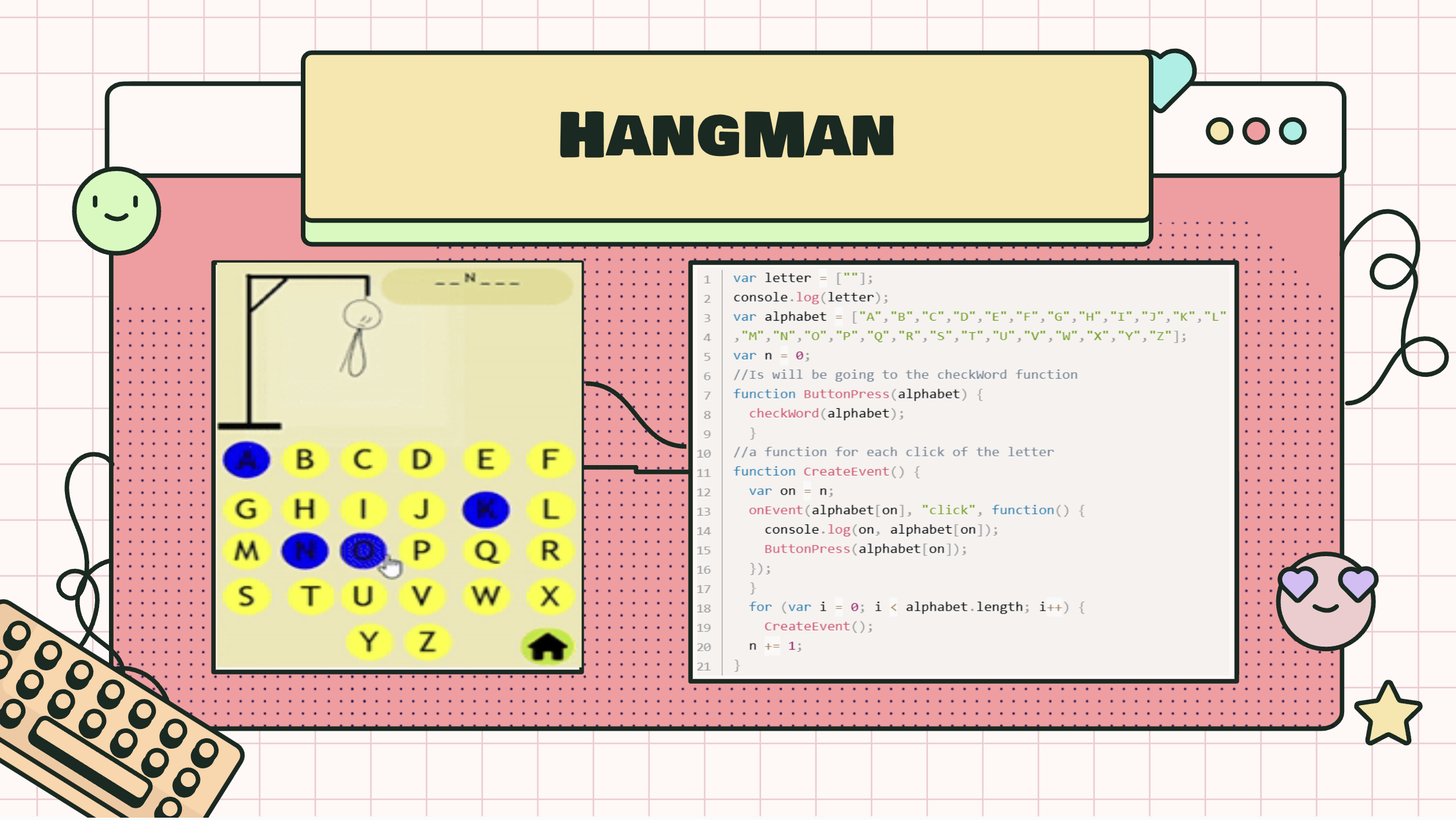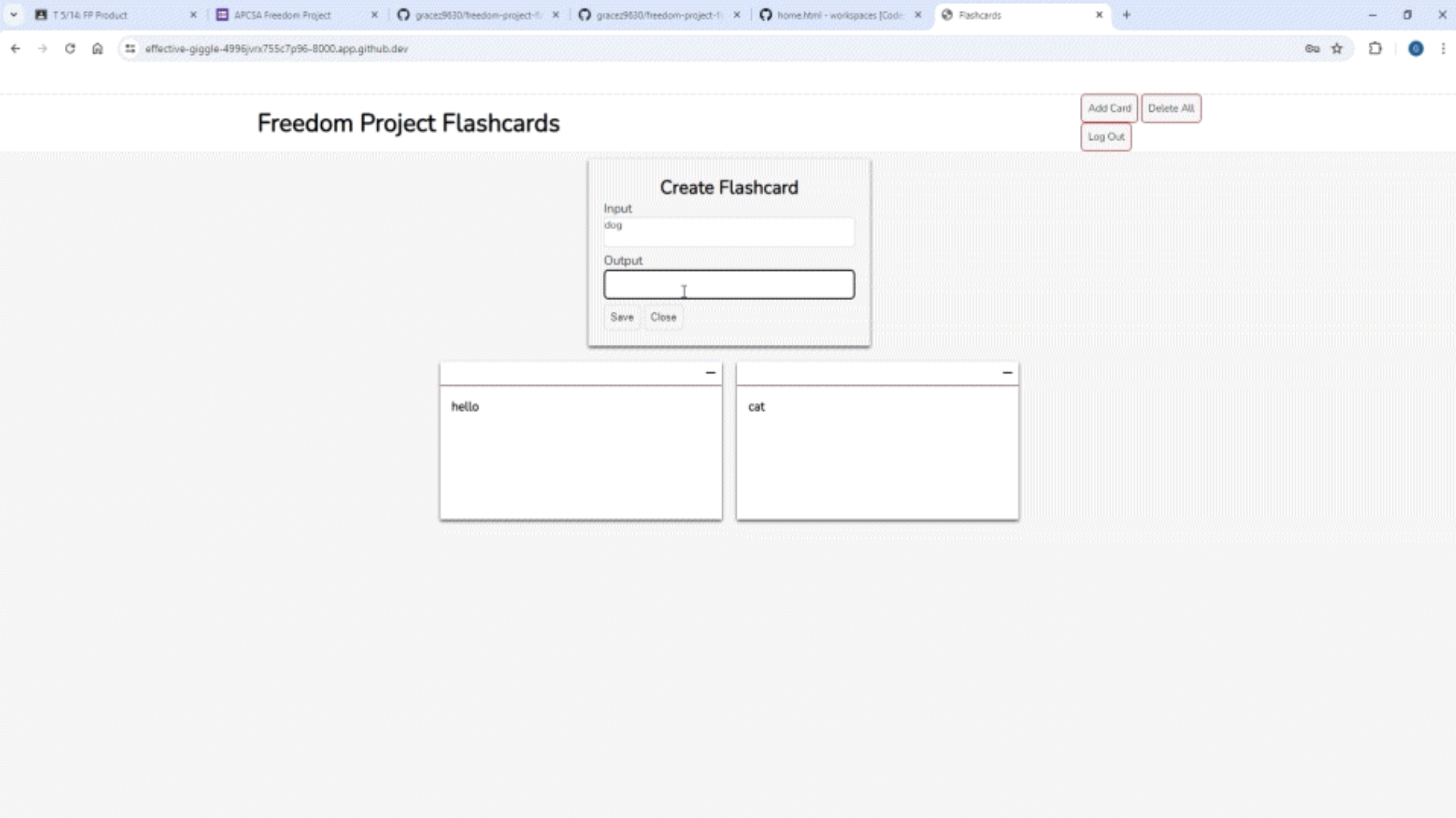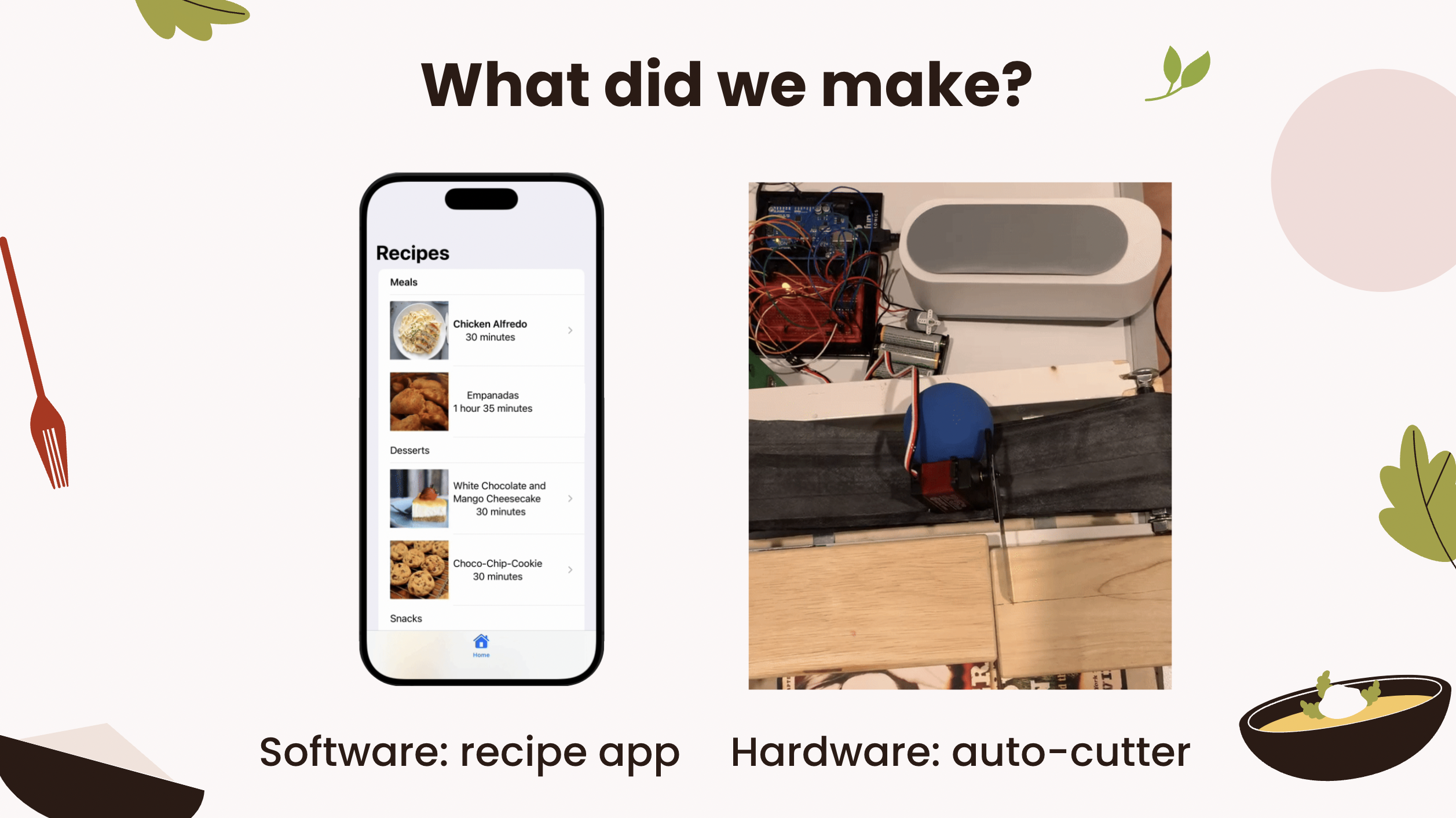A Few Words About SEP
In the Software Engineering Program, students do much more than simply write code.
Real Skills
Students learn to break down problems into smaller pieces. They learn to analyze, debug, collaborate on, and present their work. These are skills that they can take into any profession.
Real Tools
Students use real tools like Github and a browser-based IDE to manage their code. Every time students make projects, they put them into their website portfolios.
Real Experiences
Students gain work-based learning through our partnerships with PENCIL, Deloitte, and other companies. Between workshops, field trips, and internships, our students are learning networking outside the classroom.
Facts
Our program is continually expanding.
Students
Graduates
Topics
Teachers
Topics
What students learn each year.
Intro to Computer Science (iCS)
All 9th-graders at our school take this introductory course.
Application to SEP
At the end of 9th grade, students apply to SEP for the duration of the program.
Freedom Project
In each course, a year-long project helps students be creative while they apply new concepts. The content changes, but students always learn, build, and present.
10: Basic Web Design
HTML & CSS, the building blocks of websites.
10: Github
Command line version control and collaboration on open-source projects.
10: Advanced Web Design
Making websites responsive to all screen sizes.
11: Javascript
The fundamentals of text-based programming.
11: DOM
Manipulating elements on a webpage.
11: p5js
Digital, interactive art.
AP Computer Science A: Java
An object-oriented language used on many platforms such as Android apps, desktop applications, and also servers. Geared towards students who plan to study Computer Science in college.
AP Computer Science Principles
Computational thinking, programming, data representation, digital media processing, big data, innovative technologies, performance tasks. Geared towards students who do not plan to study CS in college. Also open to beginners.
Frequently Asked Questions
Whether you're a future student, parent, teacher, or company, we know you have questions.
Do I need experience in coding to be in this program?
No! Our program is designed so that anyone can code without any prior knowledge.
Who gets in to the HSTAT Software Engineering Program?
As a part of the CS4All initiative, all 9th-graders take the course Intro to Computer Science. At the end of 9th grade, students who are interested would then apply to the Software Engineering Program. Because teaching power is still limited, we have seats for about 60 students in each cohort. Applicants are accepted based on logic skills, the ability to follow directions, and most importantly: how much interest is shown. We do our best to make sure that the students in the program accurately reflect the diversity of various demographics within our school.
When do students find out if they're accepted?
Students and their families get notified during the summer prior to starting 10th grade.
What if a student doesn't get accepted or doesn't apply? Can they join late?
One of the reasons behind the Intro to CS course is that all students will be exposed to computer science, and thus hopefully more students will apply for SEP. However, students not in the program can still take the AP Computer Science Principles course without any prior knowledge. Additionally, we strive to continue expanding our technology elective offerings.
Is this a club?
No. It is a regular course that students receive credit for taking. As upperclassmen, students receive weighted grades, similar to an honors or AP class.
Does a student need to stay in the program for all of high school?
Yes. When students apply, they commit to staying in the program until they graduate.
Is there any extra work required to be in this program?
Yes. Students will need to complete two out-of-school opportunities (event, program, internship, etc) prior to graduation. The 10th-grade course prepares students with motivation, résumés, essay-writing skills, and more -- to ensure that students are equipped to succeed in this requirement. Opportunities are relayed to students on a regular basis.
What are some perks of being in this program?
This program is not just for future software engineers; students in this program gain real-world skills that can be used in any career! Given the rigorous nature of SEP upperclassmen receive an automatic GPA boost (11th grade: 5%, 12th grade: 10%). Finally, students will receive a special SEP designation on their diploma.
Do I need a degree in computer science to teach a course in this program?
No! All of our teachers have experience in other fields (math, science, ELA, social studies) and have learned coding mostly as on-the-job
experience. Most importantly, you need a willingness to learn.
How would I get trained?
Training is provided through various sources: the Department of Education, the software engineering coordinator (Brian), or other various online resources. It will take some time to learn
the concepts, syntax, etc - so be ready to spend extra time learning and preparing, but the good news is that anyone can do it. And the curriculum has already been built, revised, and you have other teachers to collaborate with. Of
course, we always strive to modify our curriculum and keep it relevant and rigorous.
What would I teach?
You would likely start off by teaching Intro to Computer Science or APCSP. These are great courses for beginners: both students and teachers.
I'd like a class to visit my company on a field trip. How do we arrange that?
Great! We love field trips. Contact Brian Mueller (bmueller@hstat.org) to set that up.
I'd like to visit a class to talk to students. How do we arrange that?
Wonderful! Contact Brian.
I'd like to provide an internship for one or many of your students. How do we arrange that?
Excellent! We have put many of our students through internships, and it is always a mutually beneficial experience. In the
past, companies have given the following responsibilities to our students:
- Edit website using HTML and CSS
- Update blog
- Create wireframes and flowcharts
- Communicate with clients
- Network and advertise
- Create summary reports and presentations
- Organize and input data on spreadsheets
- Conduct relevant research
- Collect data and run analytics
- Much, much more!
Whether the internship is in the summer or during the school year, paid or unpaid, our students are always looking for ways to get real-world experience.
Contact Brian Mueller (bmueller@hstat.org) to start the conversation!
Projects
The tip of the iceberg of our students' work, by grade.
Team
Working together to make a cohesive curriculum and engaging lessons.
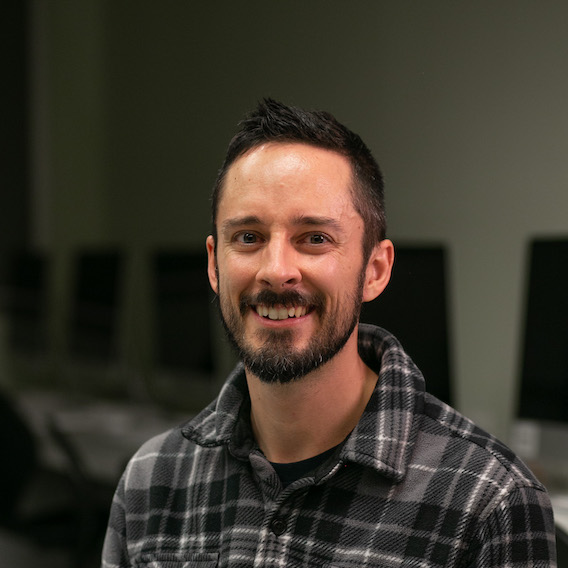
Brian Mueller
APCSA / SEP11 / SEP10 Teacher SEP Coordinator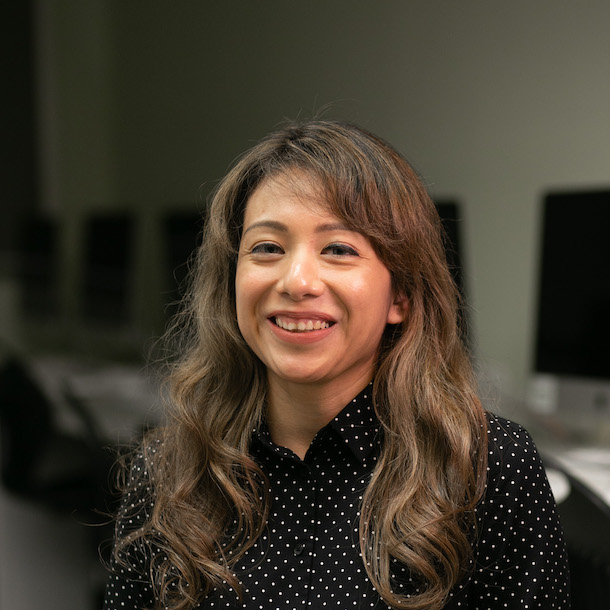
Karen Guzman
APCSP / iCS Teacher Math Teacher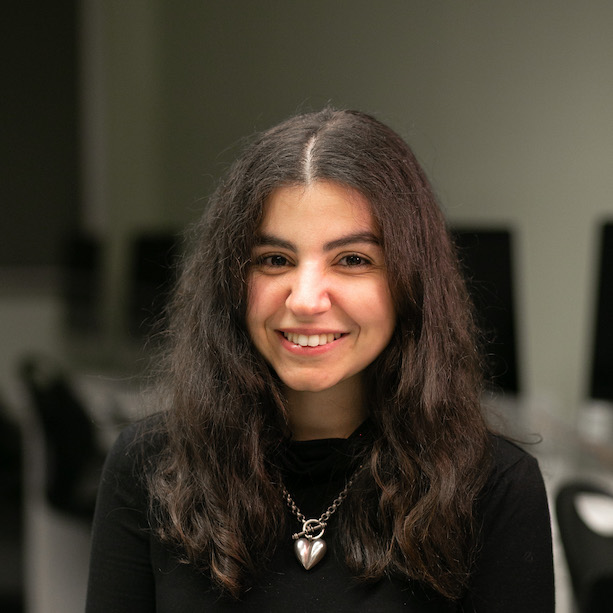
Chloe Sukkarieh
iCS Teacher Math Teacher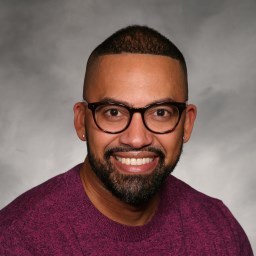
Juan Sosa
iCS Teacher MentorContact
Have a question? Give us a shout.





